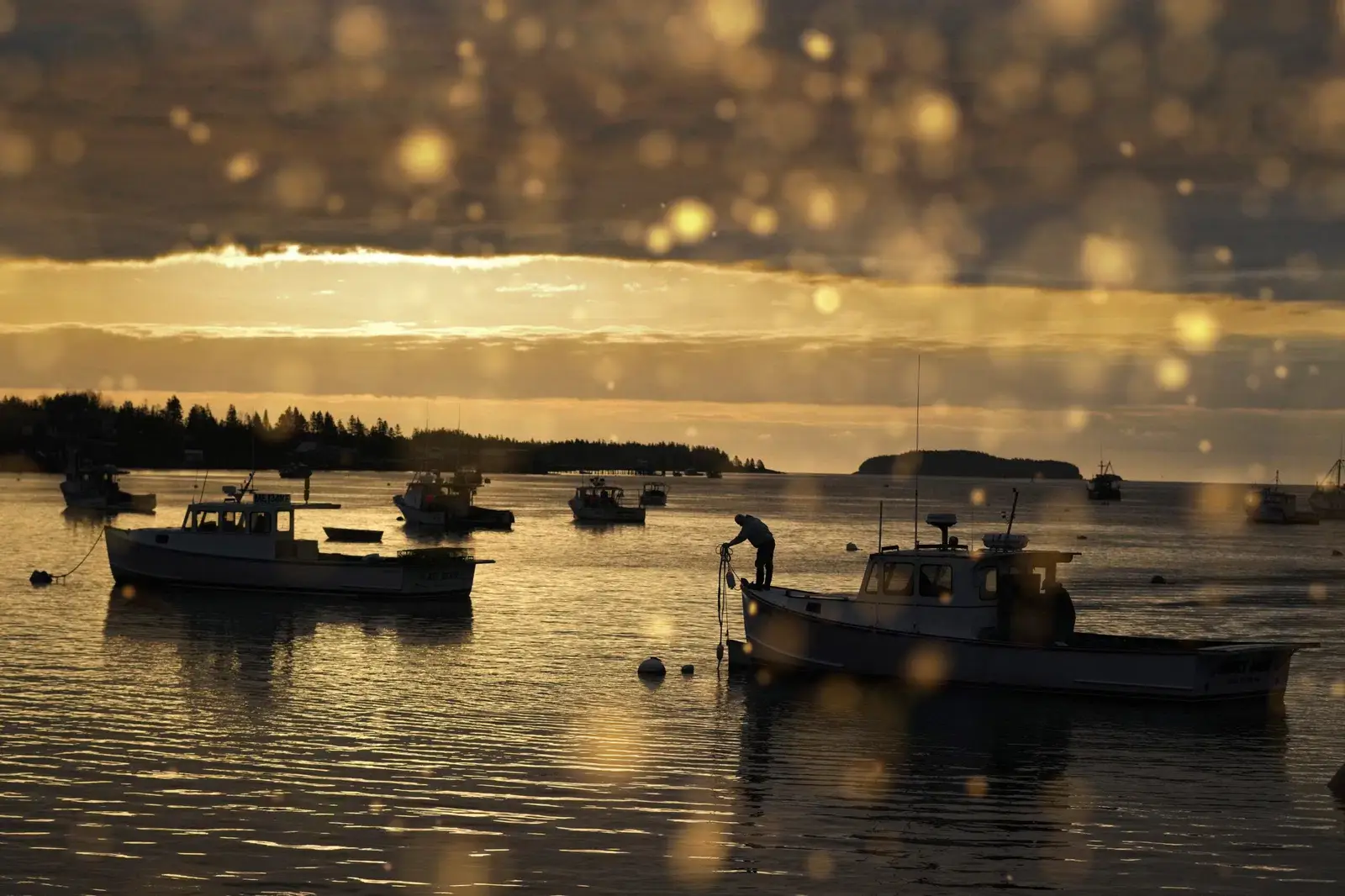How Trump's Budget Cuts Drain the Lifeblood of the Oceans.
It is night on the Pacific. The waves rise like invisible mountains, the wind pulls at the masts, and beneath the feet of harbor pilot Ed Enos, the sea dances. For him, this endless ocean is not just a backdrop but a world full of dangers and mysteries. Yet Enos has a weapon: knowledge. Wind speed, current strength, wave height – these are not just words for him but the invisible lines of a map that keep him alive. And this map is drawn from a priceless treasure: the Integrated Ocean Observing System (IOOS).
But that very treasure is now at risk. Donald Trump wants to eliminate all federal funding for the observing system’s regional operations. Scientists are sounding the alarm because these cuts mean nothing less than shutting down a collective radar that reveals the secrets of the seas – and with it, the livelihood of fishermen, harbor pilots, and weather forecasters.
The Value of the Invisible – Knowledge is Life
For twenty years, IOOS has been a network of eleven regional associations spanning the United States and its territories. From Alaska to Hawaii to the Great Lakes, universities, research institutions, conservation organizations, and businesses collect data. They measure water and air temperatures, wind speeds, currents, and wave heights. The gathered information flows in real-time to public websites, accessible to anyone working on the water – whether fishermen looking for algal blooms or ship captains avoiding storms.
It is a system that functions like a Swiss Army knife: for the Pacific, it serves as an escape map during tsunamis; for Hawaii, it monitors tagged sharks; and for the Gulf of Alaska, it acts as an early warning system for toxic algal blooms. This is where the invisible threads come together, turning the ocean into an open book.
But in the corridors of power, tides do not count. There, it is all about numbers and savings. And so IOOS, which receives $43.5 million annually, now faces extinction. A leaked government memo from April shows that the Department of Commerce, which oversees NOAA and thus IOOS, is set to lose $2.5 billion in funding. And amid this whirlwind of cuts, the network of ocean observation is to be torn apart – ironically at a time when the Trump administration is simultaneously emphasizing the importance of collecting ocean data.
The Light of Science Goes Out – A Fatal Signal
For Ed Enos and his colleagues, this is not an abstract debate. It is about life and death. It is about whether he can continue to rely on the most up-to-date data when he guides a ship safely into the harbor at night and in a storm. "It's the last thing you should be shutting down," Enos says. "There's no money wasted. Right at a time when we need more funding for our work to serve the public, they want to pull the plug. That’s the wrong strategy at the wrong time for the wrong reasons."
Jack Barth, an oceanographer from Oregon, speaks of a "window to the ocean" that would simply be closed. "Without these measurements, we simply won't know what's coming at us. It’s like turning off the headlights."
But Trump and his allies in Congress are on a different course. While NOAA is set to lose funds, a Republican bill in Congress is even considering increasing funding for the networks – $56 million annually starting in 2026. A contradiction that reveals the absurd logic of these cuts: saving on the essentials while emphasizing the importance of ocean data.
A Collapse of Reason – The Sea Becomes a Blind Danger
Water is life. But life in water is also a deadly threat if you do not understand its whims. If IOOS disappears, it is not just a database that vanishes. It is the view of storms, tsunamis, and the invisible currents that can shatter ships and flood coasts.
What remains is ignorance. A world where fishermen venture into contaminated zones because they lack algae data. A world where captains steer blindly because they no longer have current data. A world where hurricanes rage more unpredictably, and toxic algal blooms poison beaches.
This is not just a budget decision. It is a symbol. A symbol of a government that sees the ocean as an endless expanse – an empty space that can be ignored. But for people like Ed Enos, who live and work on these seas, it is anything but empty. It is a world that breathes, rages, and gives life.
And when the lights go out, it will not just be dark on the ocean. It will be dark in the minds of those who believe that knowledge is a luxury.
